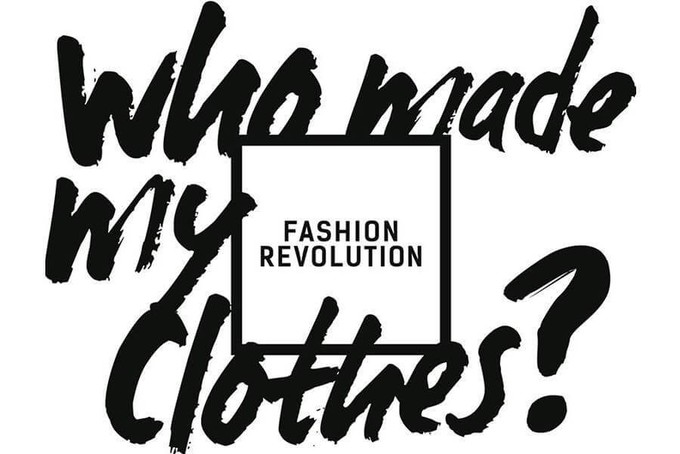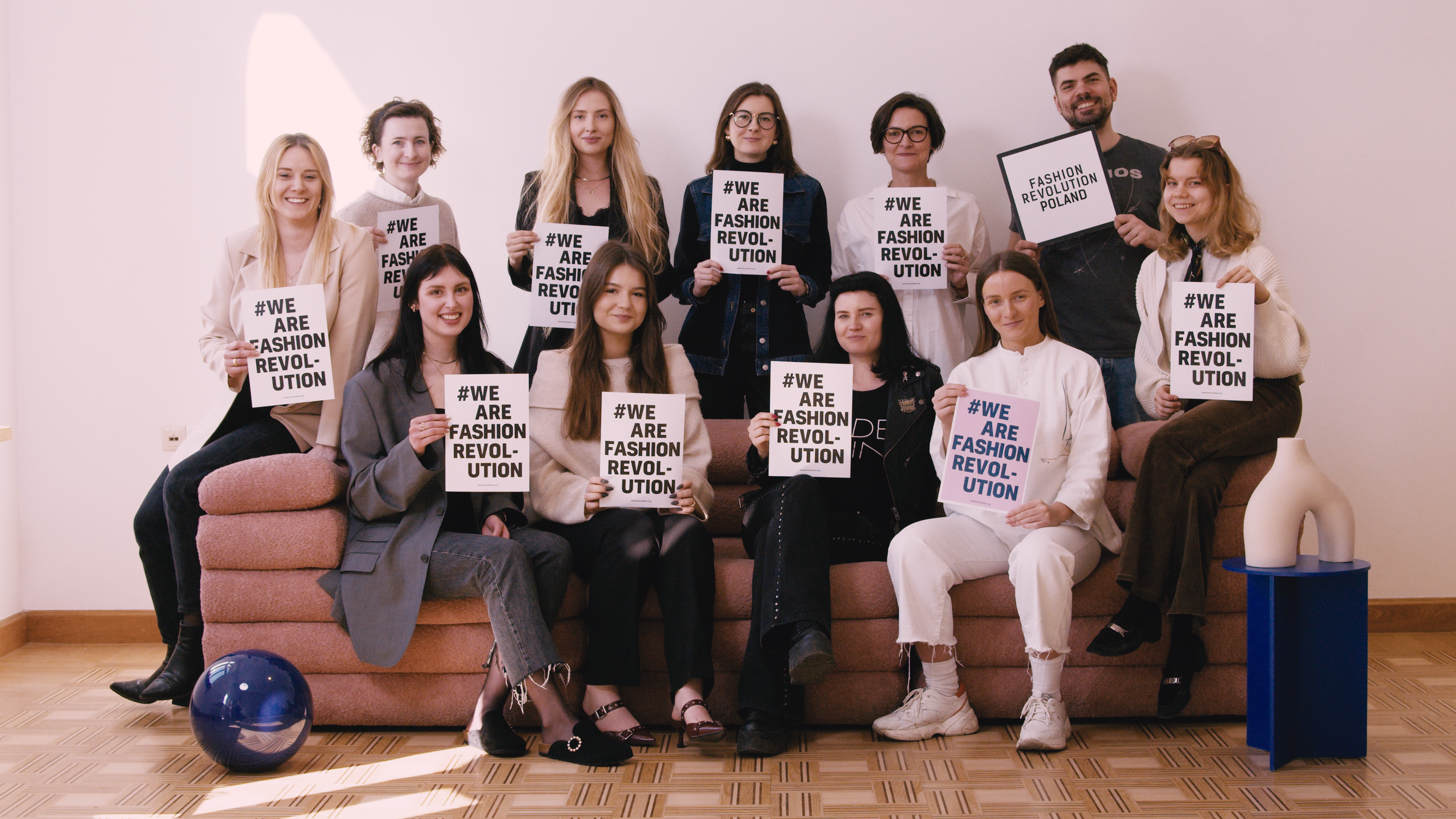Fashion Revolution Week
The most important fashion week of the year is happening this week, but you won’t see any catwalks or VIP shopping days. This week is about taking action, holding brands accountable for the ways they treat their workers and the planet, and future proofing the fashion industry for a sustainable future.
Now in its eighth year, Fashion Revolution Week takes place around the anniversary of the 2013 Rana Plaza tragedy, which killed 1134 people working in the garment factory and left approximately 2500 injured. This week is an opportunity to shine a light on working conditions, wages, transparency, supply chains, transport emissions, sustainability, cotton farming, pesticides and chemicals—the list goes on.
If you’re reading this, then you’re probably a fashion lover like me. Clothes bring so much joy to the people who wear them, but they also bring a lot of pain to the people who make them.
Some fast fashion facts
The global fashion industry is responsible for 8% of greenhouse gas emissions (a figure which is expected to rise by 49% in 2030 if we don’t change).
We make more than 100 billion items of clothing a year—that’s approximately 14 items for every person on Earth, every single year.
Only 4% of the money we spend on clothes in Australia actually goes to the garment workers.
Over 50% of workers in the fashion industry are paid less than the minimum wage.
There are about 300 million cotton producers worldwide living in poverty.
Less than 1% of the materials used in clothes are recycled into new textiles.
It takes 2,700 litres of water to produce just one cotton shirt—enough water to sustain a person for about three years.
Garment manufacturing is responsible for 20% of global industrial water pollution.
About 60% of all new clothing ends up in landfill or incinerators within a year of being made.
Producing 1kg of fabric produces 23kgs of greenhouse gases and most fabric is made in countries that rely heavily on fossil fuels for energy production.
What can you do?

Wear what you already own and make your clothes last
By wearing what you already have, you’re reducing the need for virgin materials, water, pesticides and fertilisers, the risk of items ending up in landfill and greenhouse gas emissions. Be a proud #outfitrepeater and take care of your clothes by reading the washing instructions, mending holes and loose threads, altering them as your body changes and sharing them with friends and family.
Ask your favourite brands these questions:
Who made my clothes?
What’s in my clothes?
Who made my fabric?
These are the questions Fashion Revolution are asking this year and Britt’s List has some great templates you can copy and paste to send to brands.
Rule of thumb: if a brand isn’t sharing information with you, then that’s a bit of a red flag that something fishy is going on.
Support brands that are doing good
Check out my brand directory for a list of ethical and sustainable brands. There are plenty more out there and I’ve got a long list of brands to add (when I have the time!). You can also check if a brand you like is ethical and sustainable using resources like the Good On You app and the Ethical Clothing Australia directory.
Use social media for good
Follow change maker accounts and share your favourite ethical brands with friends and other people on the interwebs. Share resources on your Instagram stories.
Read, read, read!
There are some fabulous free resources on the Fashion Revolution website to help you get involved, host events, learn from educational resources and connect with fellow revolutionaries in your own country. I’ve also got a list of books and websites on my resources page that I highly recommend. Some of my favourites are This Is A Good Guide by Marieke Eyskoot, Wardrobe Crisis by Clare Press, and The Conscious Closet by Elizabeth Cline.
Watch a documentary
The True Cost is a must for any fashion lover out there and will open your eyes to the myriad complexities and ethical issues facing the fashion industry. David Attenborough’s A Life On Our Planet is also vital viewing for, well, everyone. Seaspiracy on Netflix is the newest documentary on my radar and it’s been recommended to me by a few people, so I’ll be watching it this week. I’ve got a list of documentary films and series on the blog for you to check out too.
Tell your friends
And your enemies tbh—we all need to be revolutionaries in my opinion. Share your favourite books, podcasts (my favourite is Wardrobe Crisis), documentaries, clothes, vintage stores, anything and everything that will help get your mates on board with the cause. Maybe you could even share this blog? I’d be super grateful.
Make every week Fashion Revolution Week
While Fashion Revolution Week is a time to highlight the impact of the fashion industry, we should always be mindful of our consumption and the impact our clothes have on people and the planet—from the what we buy to how we wash our clothes, it all makes a difference.
Thanks for reading, now go and be mindful materialists and let's change the world!
